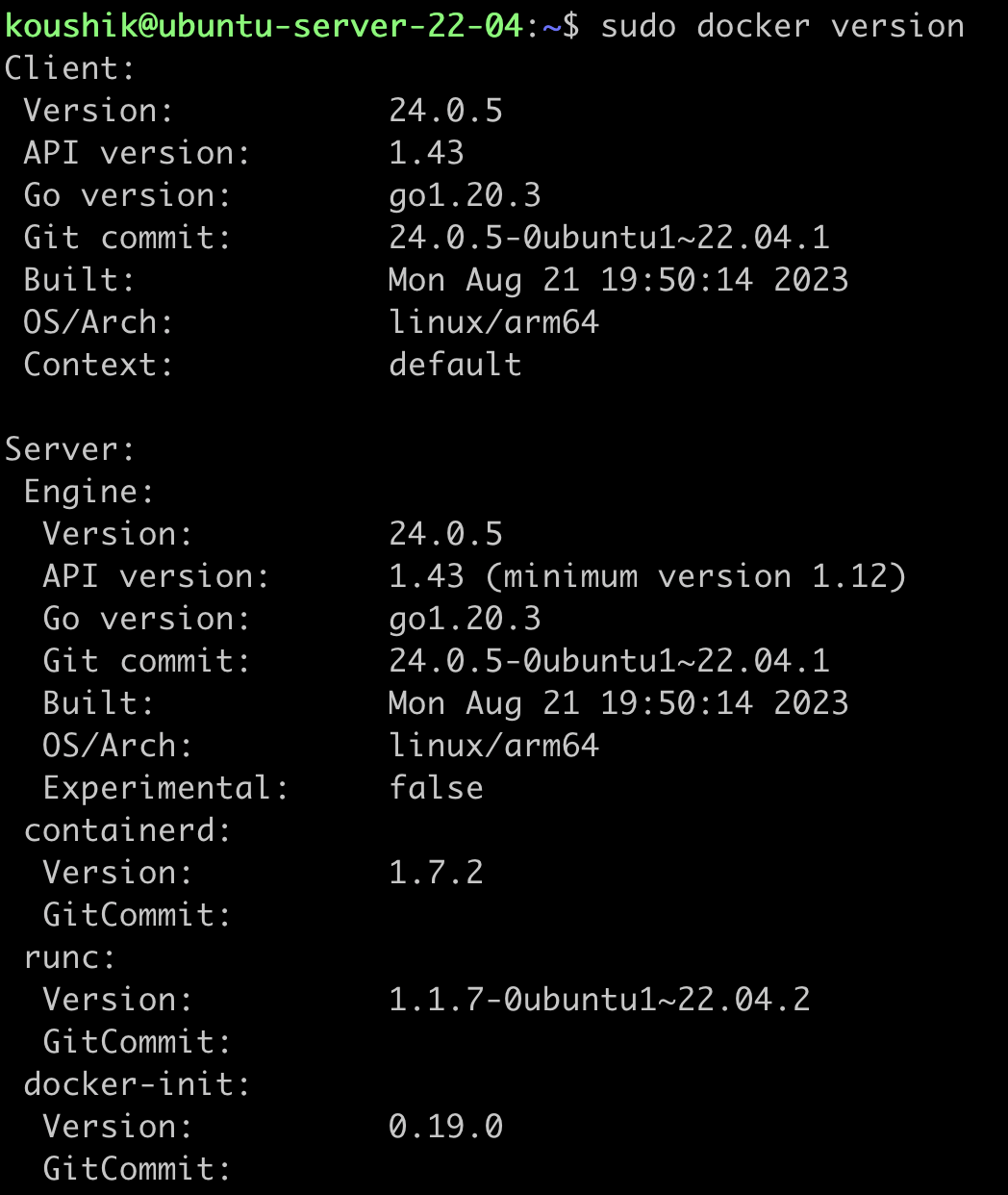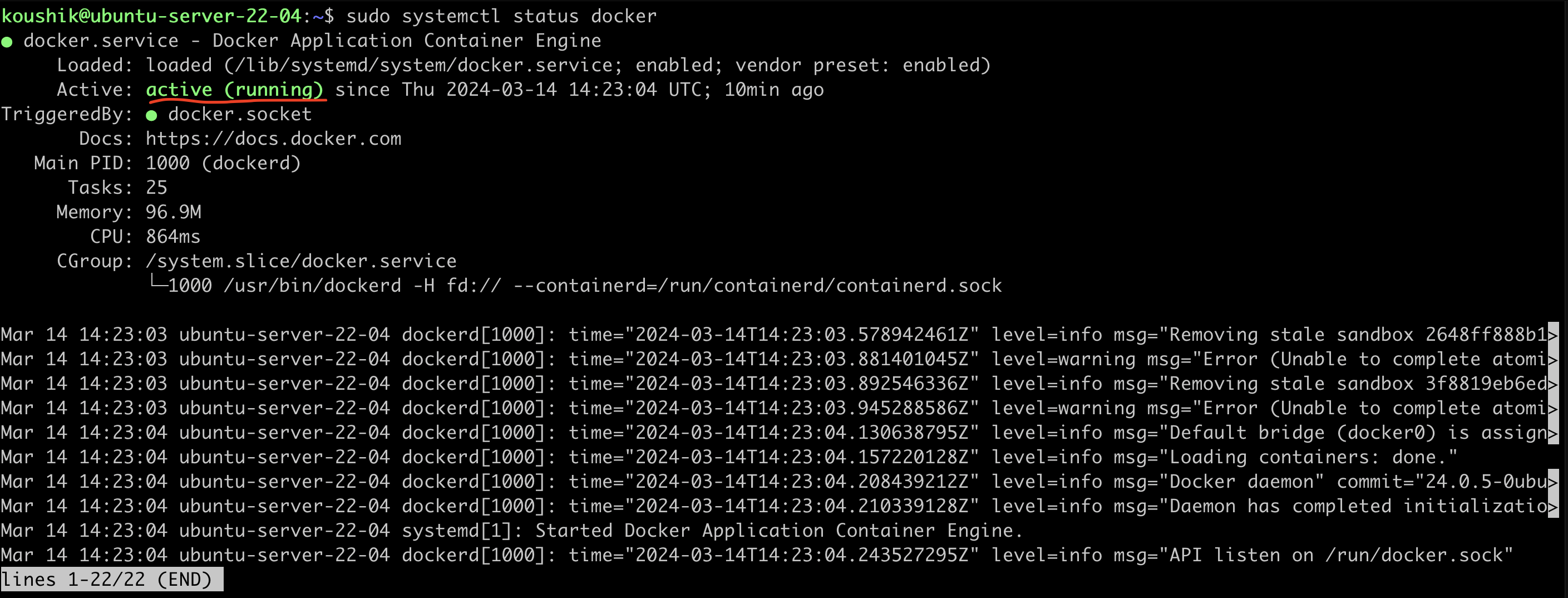Understanding package manager and systemctl
 Koushik Maharaj
Koushik MaharajWhat is Package?
Application software is delivered in units called packages. A package is a collection of files and directories required for a software product, and is usually designed and built by the application developer after completing the development of the application code. A software product needs to be built into one or more packages so that it can easily be transferred to a distribution medium, be mass produced, and installed by administrators.
What is package manager?
A package manager keeps track of what software is installed on your computer, and allows you to easily install new software, upgrade software to newer versions, or remove software that you previously installed. As the name suggests, package managers deal with packages: collections of files that are bundled together and can be installed and removed as a group.
Different kinds of package managers
Package Managers differ based on packaging system but same packaging system may have more than one package manager.
For example, RPM has Yum and DNF package managers. For DEB, you have apt-get, aptitude command line based package managers.
Now let's try to install docker
I am installing docker on Ubuntu-22.04. Ubuntu uses apt-get package manager.
First update exisiting package using following command
sudo apt-get updateInstall docker
sudo apt-get docker.ioCheck docker is installed or not
sudo docker version
you can use following command also
sudo docker --version
Add user to docker group to avoid 'sudo' as prefix for docker command
sudo usermod -aG docker $USERFor Centos
Centos uses yum package manager
sudo yum update sudo yum install docker.io
systemctl and systemd
systemctl is used to examine and control the state of “systemd” system and service manager. systemd is system and service manager for Unix like operating systems(most of the distributions, not all).
we can check status of any service using systemctl command. Let's check status of docker that we have installed
sudo systemctl status docker
we can stop any service using systemctl
sudo systemctl stop docker
The systemctl command interacts with the SystemD service manager to manage the services. Contrary to service command, it manages the services by interacting with the SystemD process instead of running the init script.
Happy Learning~~~
Subscribe to my newsletter
Read articles from Koushik Maharaj directly inside your inbox. Subscribe to the newsletter, and don't miss out.
Written by
